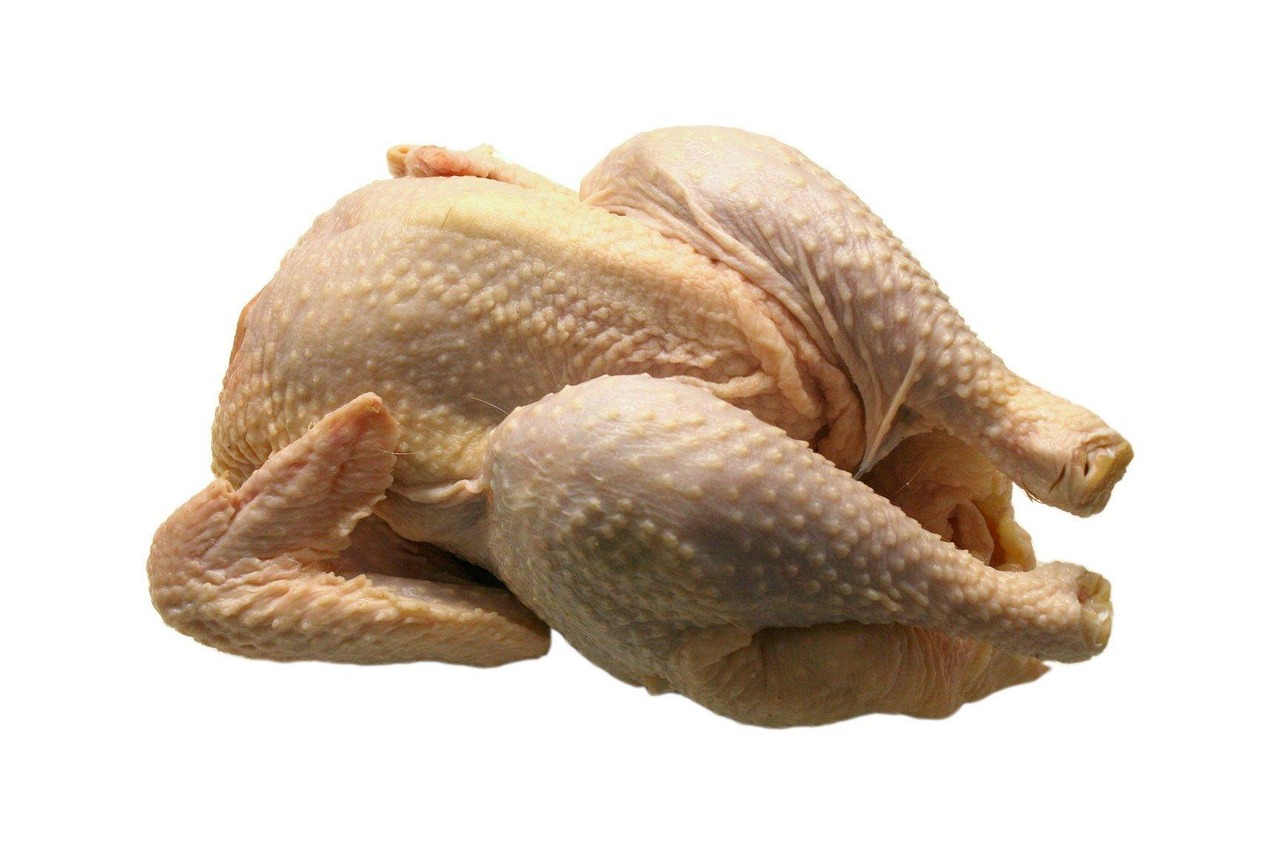
Broiler farming in Kenya is one of the fastest-growing agribusiness ventures. With high demand for white meat in homes, hotels, butcheries, and fast-food chains, rearing broilers has become a profitable option for many Kenyan youth and farmers.
Whether you’re a beginner or looking to expand your poultry project, this guide covers everything you need to succeed in broiler production.
🔍 What is Broiler Farming?
Broiler farming is the practice of raising chickens specifically for meat. Unlike layers (which produce eggs), broilers are bred for fast growth and can reach market weight within 5 to 7 weeks under proper management.
🐣 Why Choose Broiler Farming in Kenya?
-
Fast Return on Investment – Broilers mature quickly, giving you profits in as little as two months.
-
High Demand – Chicken meat is consumed widely in Kenya, especially in urban centers.
-
Small Space Requirement – Even a 10×10 ft space can rear 100+ chicks.
-
Scalable – You can start small and expand based on your market and profits.
-
Good Market Prices – A well-grown broiler sells at Ksh 450–600, depending on your location.
🏠 Setting Up Your Broiler Poultry House
Proper housing is key to healthy and fast-growing broilers. Ensure:
-
Well-ventilated space to reduce heat stress
-
Dry bedding (wood shavings) for hygiene
-
Protection from predators and rain
-
Easy access to feeders and drinkers
-
Lighting and heating for chicks in the first weeks
Use brooder lamps or charcoal jikos for heat if you’re off-grid.
🍽️ Feeding and Nutrition for Broilers
Broilers require protein-rich, high-energy feed to grow fast. The feeding cycle is usually:
-
Starter mash (0–14 days)
-
Grower mash (15–28 days)
-
Finisher mash (29–42+ days)
Provide clean water always. Avoid underfeeding—they should eat throughout the day.
🩺 Health Management and Vaccination
Broiler farming in Kenya faces disease threats like Newcastle and Gumboro. To prevent losses:
-
Vaccinate chicks on day 1 and follow up with the full schedule
-
Clean and disinfect the house before introducing chicks
-
Keep feed and water containers clean
-
Isolate sick birds immediately
Consult a vet or agrovet for vaccination plans and medication.
💰 Marketing Your Broiler Chickens
You can sell your broilers at:
-
Local butcheries and eateries
-
Open-air markets
-
Roadside broiler meat stalls
-
Direct to customers via WhatsApp, Facebook, or Instagram
-
Contracts with hotels or fast-food joints
Slaughtering and packaging your own chicken can fetch even higher prices per kg.
⚠️ Common Challenges in Broiler Farming
While profitable, broiler farming in Kenya also comes with challenges:
-
High cost of commercial feeds
-
Disease outbreaks in poorly managed farms
-
Fluctuating market prices
-
Lack of cold storage or slaughter equipment
To minimize risk, start small, track costs, and build reliable customers before scaling up.
✅ Tips for Success in Broiler Farming
-
Always buy healthy chicks from a trusted hatchery
-
Keep detailed records (feed used, mortality, growth rate)
-
Weigh your broilers weekly to track progress
-
Reduce stress—avoid overcrowding and maintain good hygiene
-
Have a ready market before harvesting
📌 Conclusion
Broiler farming in Kenya is a profitable and scalable business if done right. With proper housing, feeding, health care, and market access, you can turn a small poultry project into a steady source of income. Whether you’re starting with 100 chicks or 1000, consistency and good management are the keys to success.
